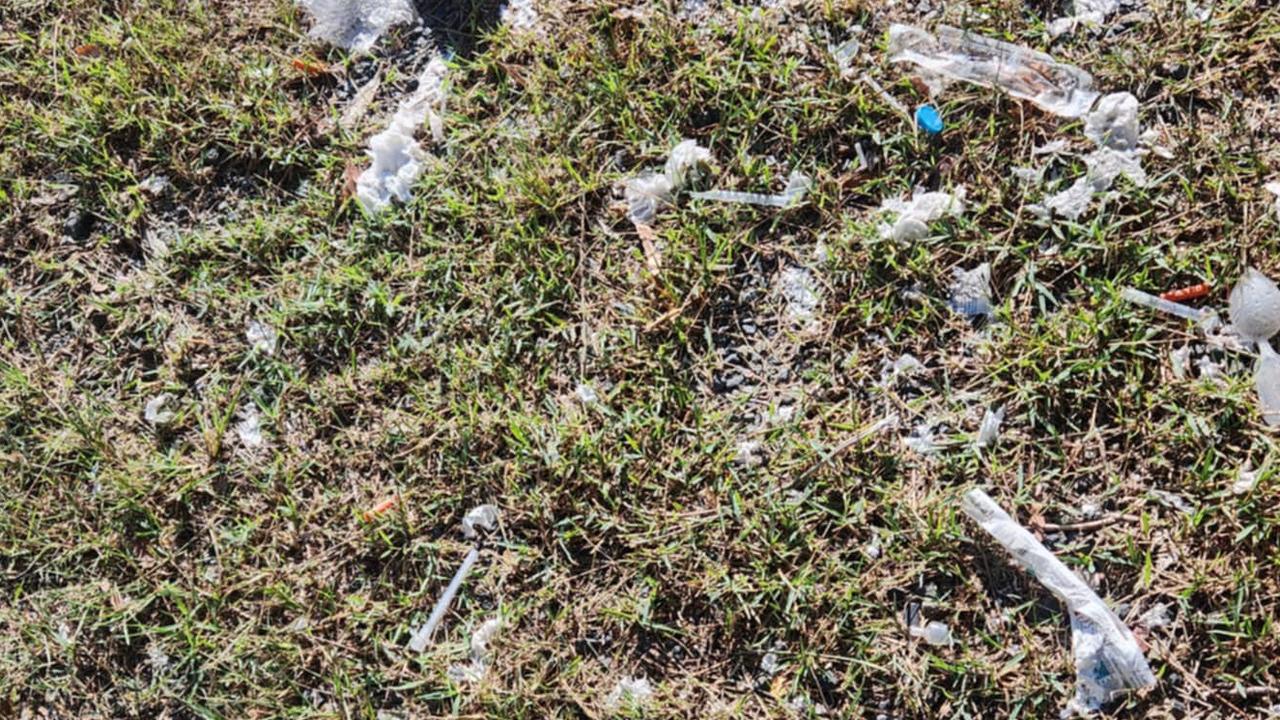Koala report: More jobs and revenue in the long run
Quantifying the financial benefit of koalas was a big ask but a recent University report has attempted to do just that.
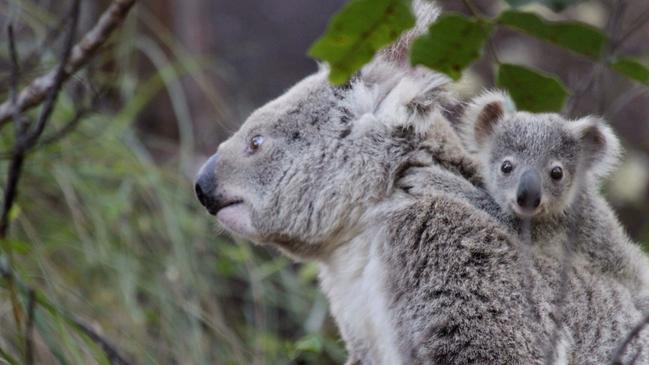
Coffs Harbour
Don't miss out on the headlines from Coffs Harbour. Followed categories will be added to My News.
Quantifying the financial benefit of koalas was a big ask but a recent University report has attempted to do just that, specifically in relation to the proposed Great Koala National Park.
The study by the University of Newcastle was jointly commissioned by Bellingen Shire Council, Coffs Harbour City Council and Destination North Coast.
Coffs council contributed $22,500 through its Environmental Levy.
The proposed Great Koala National Park (GKNP) spans five local government areas - Bellingen, Clarence Valley, Coffs Harbour, Kempsey and Nambucca.
It was first conceived in 2015 as a direct response to a loss of valuable habitat in the Mid North Coast and aims to be Australia's first large national park dedicated to protecting koala habitat.
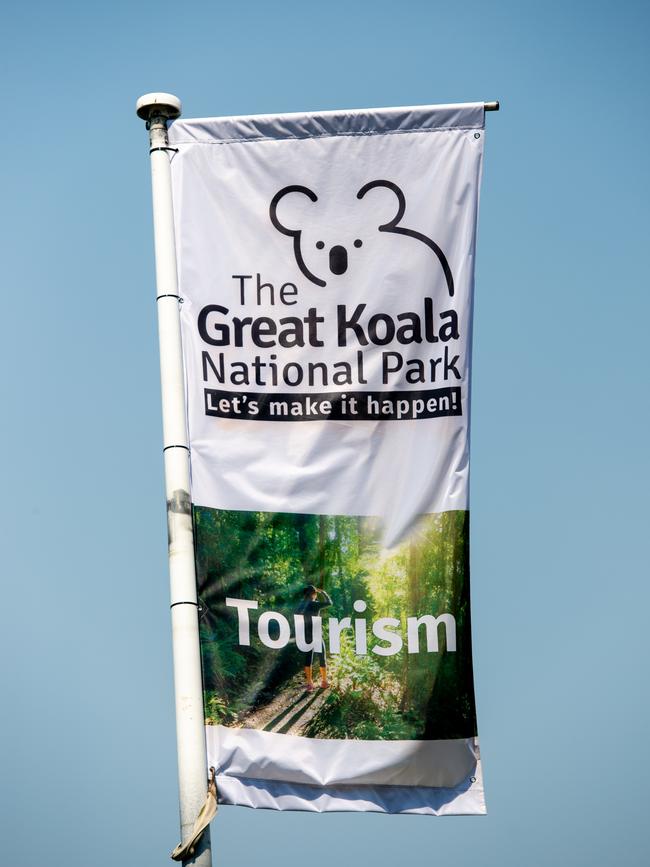
University of Newcastle's Professor Robert Ryan says the research shows the GKNP would deliver a significant uplift in jobs and revenue for the region.
"Over the next 15 years the Park is projected to generate more than 9,800 extra full-time equivalent jobs across tourism, infrastructure, and science and education, and inject $330 million in additional wages into the region," Professor Ryan said.
The employment projections estimated the phasing out of approximately 675 direct and related forestry full time equivalent jobs over a 10-year state forest native logging industry transition period.
"The research found that the loss of jobs in the medium-term in the state forest native logging industry would be more than compensated by the creation of new jobs in the management of the national park and in eco tourism."
The research projected that the positive impact on the tourism economy would be significant including accounting for the effects of COVID-19.
"The research estimates conservatively that the Great Koala National Park would boost the tourism sector by an additional 1 million visitors to the region by the end of 15 years who will spend $412 million," she said.
Professor Ryan and her team has recommended the State Government conduct a full business investigation into the park.
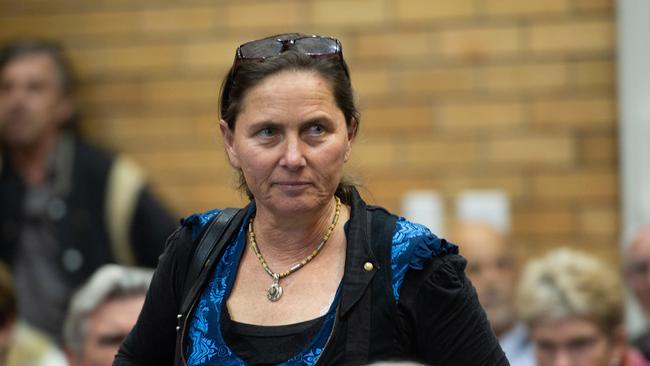
Coffs Harbour City Councillor Sally Townley says native forestry has been a declining industry for decades and what is needed now is a constructive exit package and the GKNP is the perfect answer.
"Current forestry practices place a very low value on trees and is propped up by government subsidies," Dr Townley said.
"This report shows that a much higher economic return would accrue from eco-tourism. These are public forests, their value is immense in terms of biodiversity and non-destructive economic potential. The GKNP provides a win-win solution."
The University study quantified the biodiversity value of transitioning 175,000 hectares of State Forests to national park using the 'Willingness to Pay' methodology - an international approach used to assess the community's willingness to pay to preserve the biodiversity for iconic sites, such as the Great Barrier Reef.
"Given the significant decline in the koala population from drought and bushfire and that we are confronting the reality of their extinction, the environmental value of each individual koala is now significantly higher than previously," Professor Ryan said.
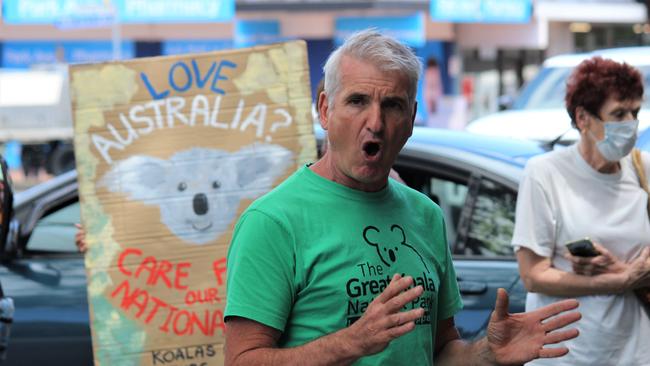
"The biodiversity value of the koala is estimated to be $530 million for the NSW population and $1.7 billion for all Australians."
The report also found that while understanding about koalas and their habitat increases, the policy base 'no longer supports their survival and is deeply politicised at the national, state and local levels'.
Councillors from across the region are being briefed on the findings over the next couple of days.
The Great Koala National Park economic impact assessment and environmental benefit analysis is available at www.hrf.com.au/gknp


